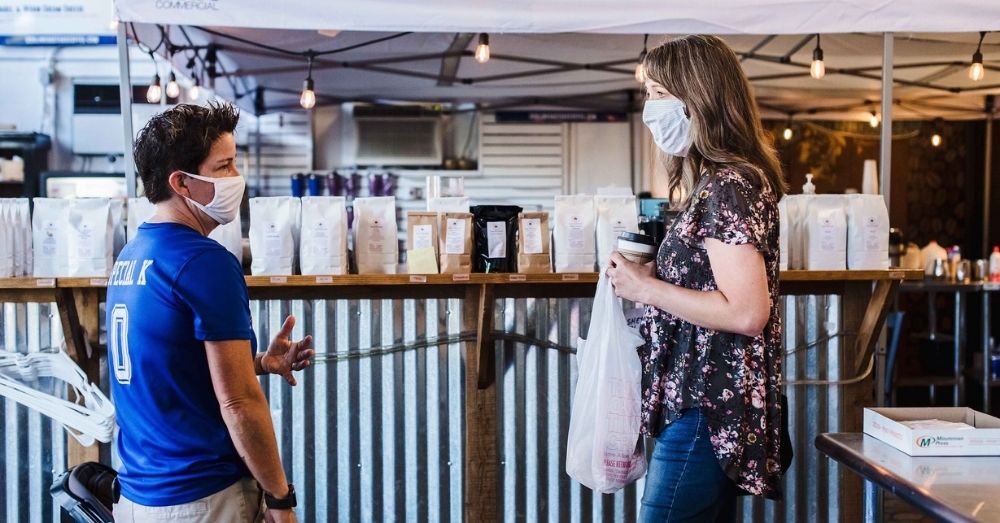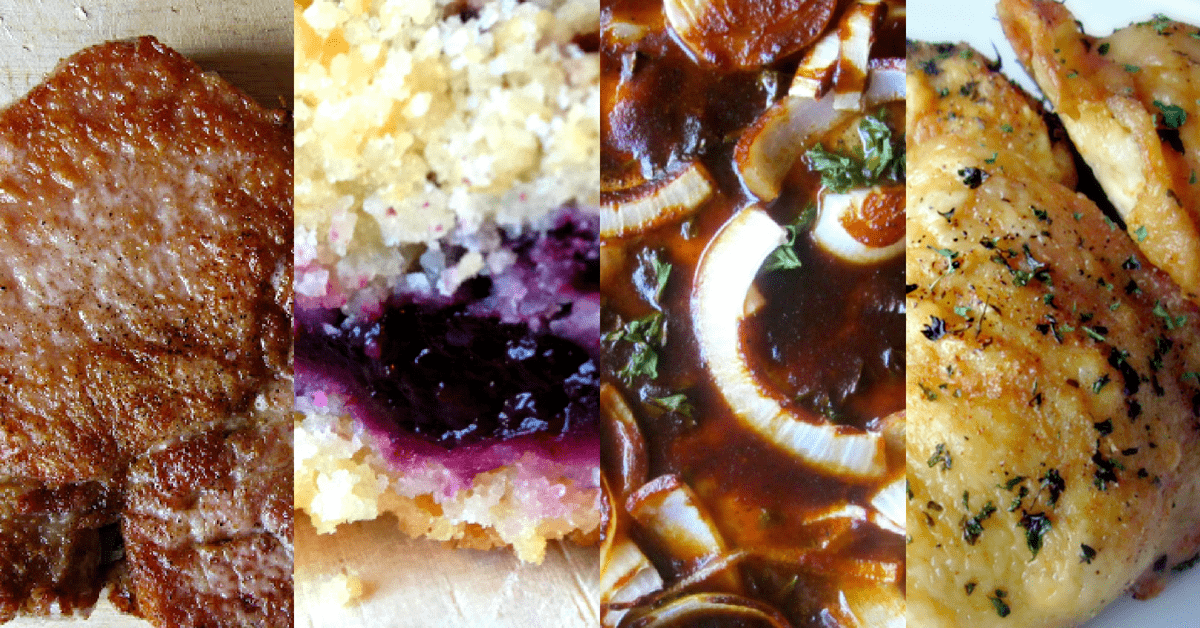Last updated on September 24, 2018 by Liza Hawkins
I happen to be a coffee drinker.
Actually, I happen to love coffee, in a “can’t start my day without a cup or three” kinda way.
When Caffé Society approached me about doing a guest post for (a)Musing Foodie, I thought, “Sure—let’s talk about the history of coffee.”
And there you have it.
History of Coffee
By the fifteenth century, the Arabs were cultivating and trading coffee in the area we now know as Yemen.
Within a hundred years, coffee had spread to areas of Turkey, Syria, Persia and Egypt, possibly because alcoholic beverages were forbidden to Muslims.
Coffee had that strong energizing property that became a pleasant substitute.
Although, its popularity stems from this early fifteenth century trade, writings about coffee date back to the thirteenth century.
From the Middle East, the coffee bean spread to Italy and beyond to the rest of Europe and eventually on to the Americas.
The name, coffee, has been derived time and time again from an original Arabic word, qahwa, which is a shortened form of a term that means “wine of the bean.”
The Turks borrowed the term, qahwa, to form their own word for coffee, which was: “kahve.” The word entered the English language in 1598 by way of the Dutch word, koffie.
Coffee houses may seem like a modern fad, but they actually date back to the original Arab cultures that first consumed the beverage.
These public coffee houses were called qahveh khaneh and they appeared in cities throughout the Near East.
They were places in which people could drink coffee, listen to music, socialize, play chess and watch performers.
These coffee houses became so important to people`s daily lives, in fact, that they were often called, “Schools of the Wise.”
By the time coffee came to Europe, public coffee houses already had established a place in history.
London even saw over three hundred coffee houses spring up by the mid-seventeenth century. Like the Near East coffee houses, Londoners were attracted to the social setting and delicious black beverage.
Arabic cultures struggled to hang on to the monopoly they had enjoyed over coffee, but then the Dutch obtained coffee seedlings and began to create plantations in Batavia on what is now, Indonesia.
At the time, the island was known as Java.
There, the seedlings thrived and the term, Java, would become fused with the coffee culture.
Coffee grown in the Caribbean and Central and South America came directly from a stock of eighteen million trees that were planted on the island of Martinique.
By this time, coffee was a huge commodity and even missionaries were carrying coffee seeds to new lands in an attempt to cultivate the crop worldwide.
Plantations flourished on tropical islands and even on mountain highlands and nations rose from economies driven by the commodity.
By the end of the eighteenth century, it was clear that coffee had become one of the world`s most profitable, if not the most profitable, export crops.
It’s no surprise then that the history of coffee has created such a deeply steeped culture in our modern world.
Whether you frequent the trendiest coffee shops in town or brew your own Java with a commercial coffee machine at home, our love affair with coffee is here to stay.




This comment has been removed by the author.
Thank you for giving a history of coffee. I find it interesting because I’m a coffee addict. I just don’t drink too much coffee these days because I found out that it’s the cause why I get yellow teeth.
emergency dental care
If you drink to much coffee you might discolor your teeth if you don’t take care of it properly.
Drinking to much coffee can leave your teeth with caffeine stains, this is why it’s highly advisable to get regular dental cleaning.
My Pennant Hills Dentists would normally not advise drinking too much coffee throughout the day right after an oral prohylaxis but after reading through what you said about coffee, I guess I just have to double my dental procedures with him then.